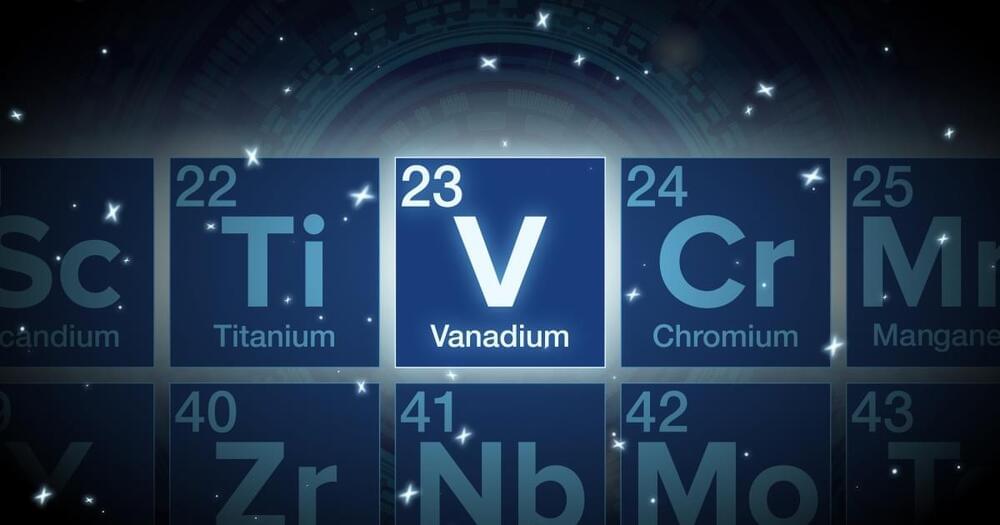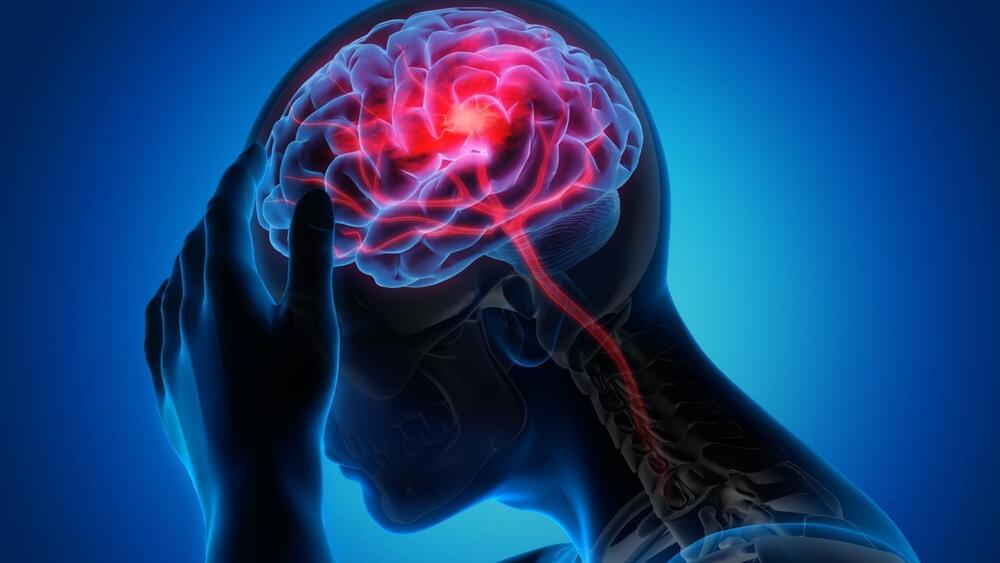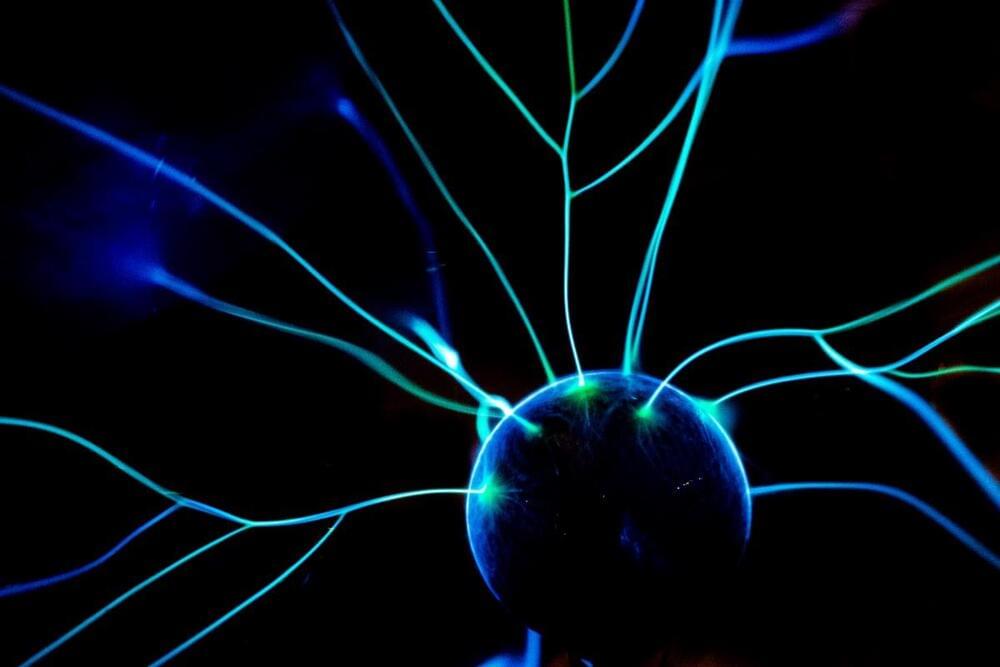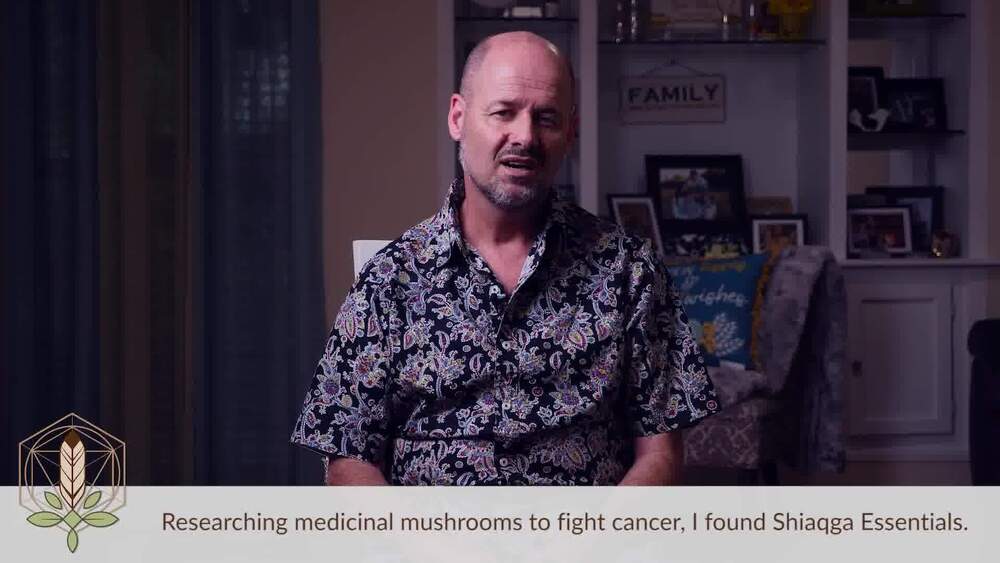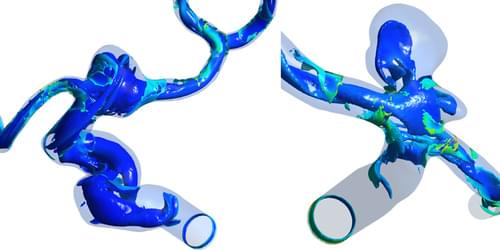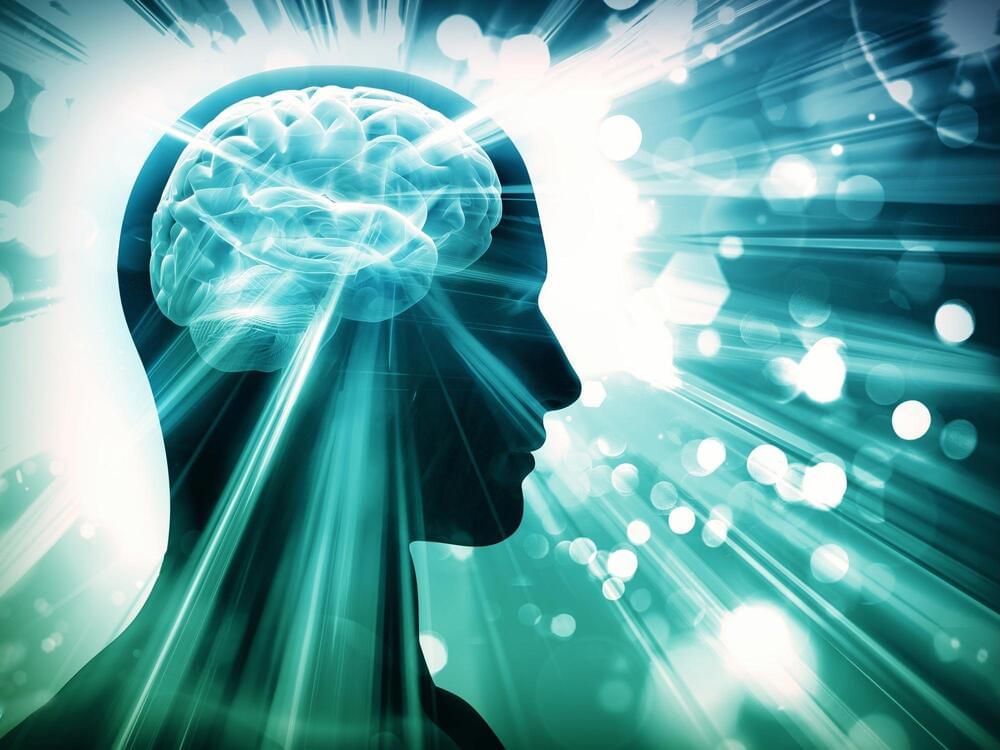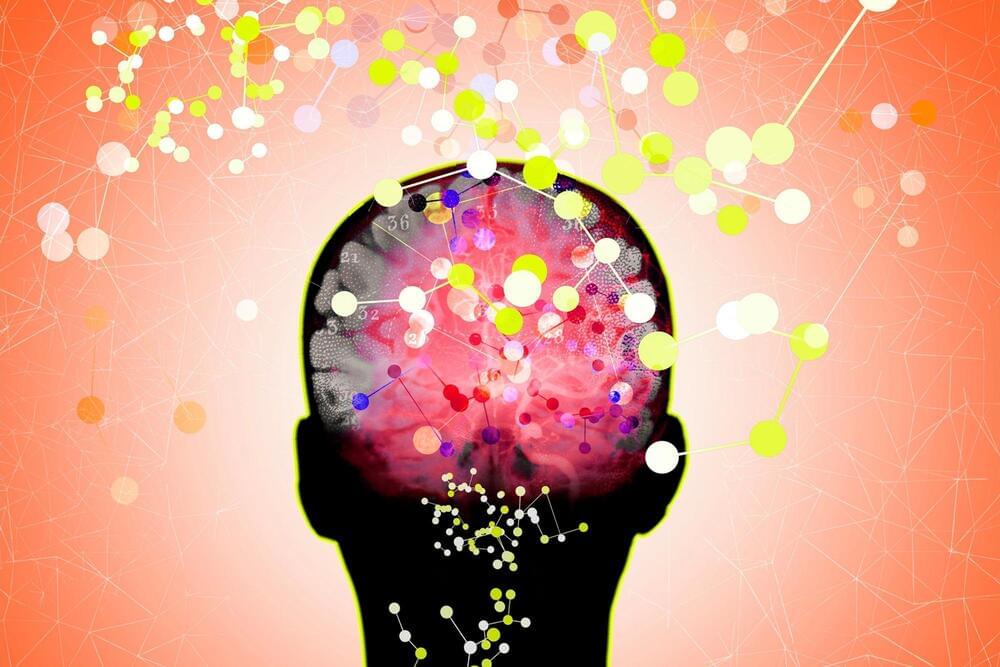The experiments demonstrated that the blood cells can sense when the environment outside the capillaries is low in oxygen – which occurs when neurons take up more oxygen to generate energy – and respond by rushing to deliver more. They also observed that this response if very rapid, occurring less than a second after oxygen is pulled out of the surrounding tissue.
This phenomenon is unique to the capillaries because of their size. The thin walls of the microvessels mean that the oxygen levels in adjacent brain tissue are mirrored within the capillaries, which can signal to red blood cells to spring into action.
The findings could have implications for a number of neurological disorders, including Alzheimer’s disease. It has been observed that blood flow in the brains of people with the disorder is impaired when compared to healthy brains. The difficulty in delivering the oxygen necessary for neuronal activity may help explain the cognitive difficulties that are one of the hallmarks of the disease.

